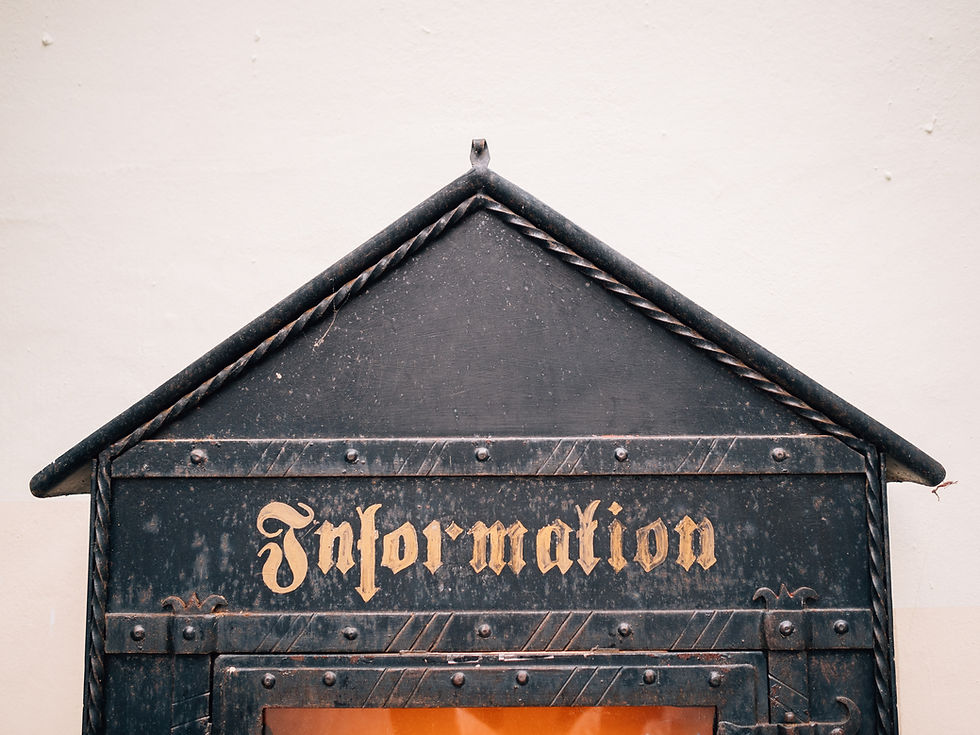
Before you can make use of all the critical-thinking techniques you have been learning about here at LogicCheck, you need to know what you’re talking about. This is why background knowledge of a topic should be considered a key critical-thinking skill.
Acquisition of knowledge and skills are sometimes seen as being in opposition in educational debates over whether time spent on one is at the expense of the other. This is a huge mistake because critical thinking must be applied to some topic and if you have no understanding of that topic, how can you create the premises of your arguments for or against? Or how will you know if the arguments presented by others are any good?
Background knowledge can come from many sources: classroom learning, conversations, reading, watching YouTube videos, or other forms of independent research. In today’s technology-driven information marketplace, the Internet is likely to play a major role in helping you find the information you need to build background knowledge. Fortunately, there is a well-established set of principles for locating, evaluating and making use of information found from online sources: Information Literacy.
Information Literacy was developed in the Library Sciences field and encompasses more than just information found on the Internet. In an earlier era, when libraries were the places where hard-to-find information was found (first in books, then in microfilm and similar media, and finally in CD-ROM and then Internet-stored databases), librarians created Information Literacy principles to help patrons navigate resources housed in their institutions. As those information sources became public and available to everyone via the Web, principles of Information Literacy became universal guides for how to make use of the Niagara of information now available to all of us.
In order to demonstrate how to apply principles of Information Literacy to a real-world issue, I’m going to draw upon an example I used in a case study in Critical Voter that applies critical-thinking principles to the subject of critical thinking itself. Specifically, I’d like to demonstrate over the next few postings how to determine the truth behind a controversial issue from a few years back: an alleged attempt by the Texas Republican Party to ban the teaching of critical thinking in the classroom.
This is a story from 2012, and to make sense of it we need some background knowledge as to what this story was based on. But before we begin a journey of discovery, we need to do a quick evaluation of the biases we might bring to our research and analysis.
For example, if you are a Democrat, you might be eager for this story to be true since it characterizes your political opponents as ignorant or fearful that others might learn to think clearly. Similarly, if you are a Republican, you might want to minimize this story, or find mitigating circumstances that will show the accusation to be false.
There are other non-political biases we should also be aware of. For example, as someone championing critical-thinking in education, I am sensitive to attempts to stigmatize the field. While this is a reasonable concern, I need to be aware of it as I sort through information that might answer my question of whether the accusation is true or false, lest my analysis of that information be colored by my biases.
With biases identified so that they can be controlled for, we can begin the Information Literacy process which consists of five steps:
1. Locating Information
2. Evaluating Information
3. Organizing Information
4. Synthesizing Information
5. Communicating Information
The next several posts will walk you through all five steps in the context of the question we are trying to answer. But before we can begin that journey, we need to clearly articulate what that question is.
Since our quest for sufficient background knowledge will continue until this question is answered, we need to make sure it that the question is not too narrow (which could lead to still not knowing enough when we’re done) or too broad (which can lead to research never ending). With that in mind, I’d like to propose this question as the basis for kicking things off:
Did the Texas Republican Party try to ban the teaching of critical thinking in Texas classrooms?
Now that we know the question, we can begin our quest to find answers that will give us the background knowledge needed to achieve understanding.
Comments